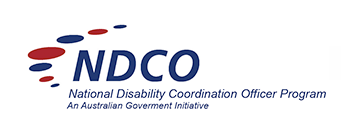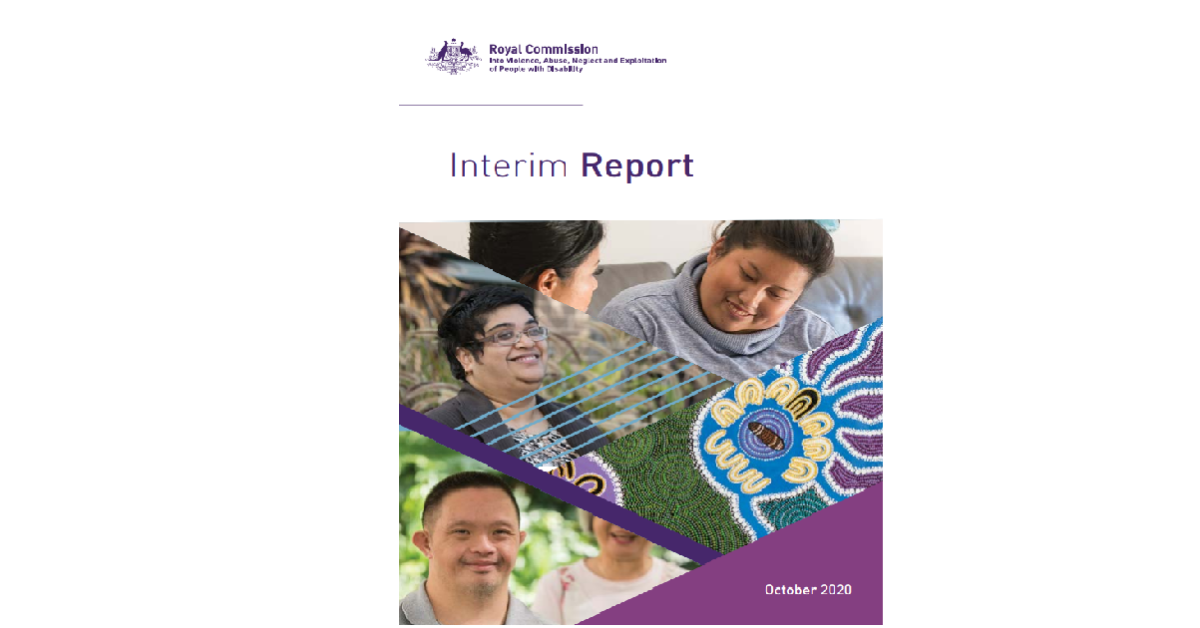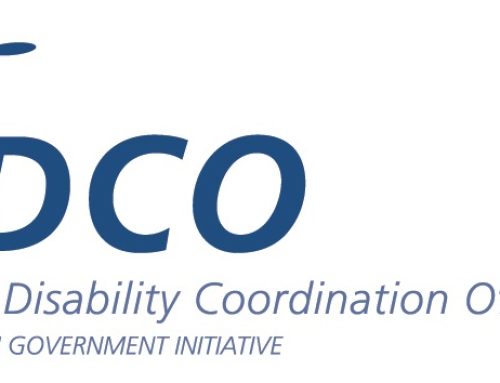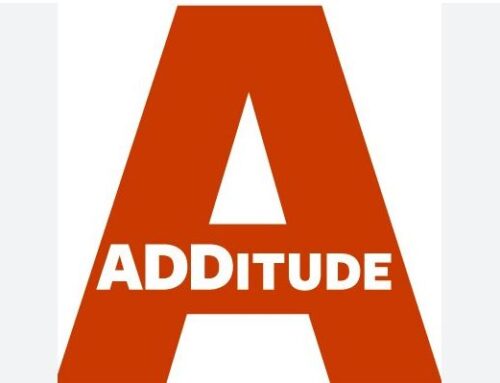Extract from Disability Services Commission article
Author Jessica Quilty
The Interim Report of the Royal Commission into Violence, Abuse, Neglect and Exploitation of People with Disability was released on 30 October.
The report identifies a number of emerging themes as particularly pertinent throughout the inquiry. These are
-
choice and control
-
attitudes towards disability
-
segregation and exclusion
-
restrictive practices
-
access to services and supports
-
advocacy and representation
-
oversight and complaints
-
funding
Education and learning
The emerging picture in primary and secondary education is one in which students with disability can receive a different quality of education, without the same opportunities to realise their full potential as their fellow students. People have described the long-term impacts of poor education on their employment, health, independence and relationships, some calling the current reality neglect. In the Public Hearing, the Commission heard of physical, verbal and emotional violence and abuse in educational settings, including restrictive practices and pressure to medicate children to address behaviour. There were reports of ‘gatekeeping’ practices, mistreatment and bullying, a lack of adjustment, low expectations, the misuse of disciplinary action, poor communication and inadequate workforce capability to support students with disability.
The Commission heard a range of different perspectives about the best way to structure Australia’s education system, from segregated settings to inclusive education. Some advocated that segregated settings enable specialist support and adapted curricula, whilst others asserted that segregation results in higher rates of violence, abuse and neglect, both within these settings and later in life. Some organisations and academics described these settings as based on seeing disability as a deficit, which perpetuates the exclusion of people with disability throughout their education and work lives. The stories in the report clearly illustrate how foundational these earlier educational experiences are in building enduring positive relationships and inclusive communities.
The Commission will make further inquiries into
-
gatekeeping practices
-
the mistreatment of students with disability
-
restrictive practices
-
barriers to adjustment, supports and individualised planning
-
low expectations of students with disability
-
the misuse of disciplinary measures in response to behaviours of concern
-
relationships, communication and collaboration between schools and families and links to violence, abuse, neglect and the exploitation of students with disability
-
oversight and complaint mechanisms in educational settings
-
funding, resources and best practice funding models
-
teacher education and training
-
existing data collection models and how to address gaps
-
the experiences of First Nations and culturally and linguistically diverse students with disability
-
measures to encourage more effective programs of inclusive education in mainstream schools






